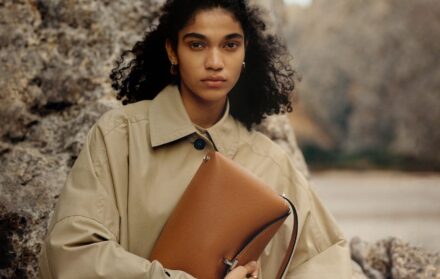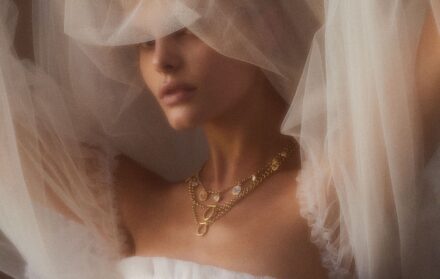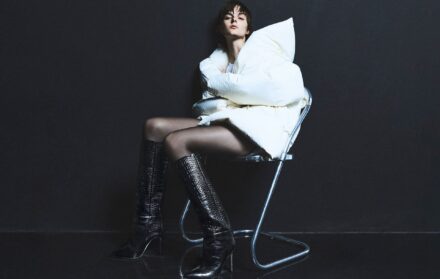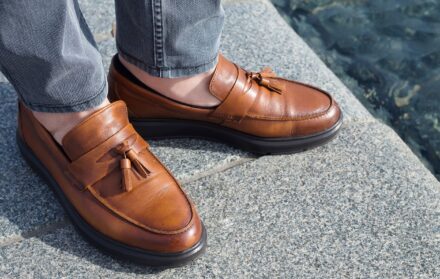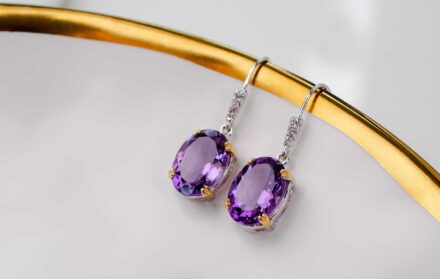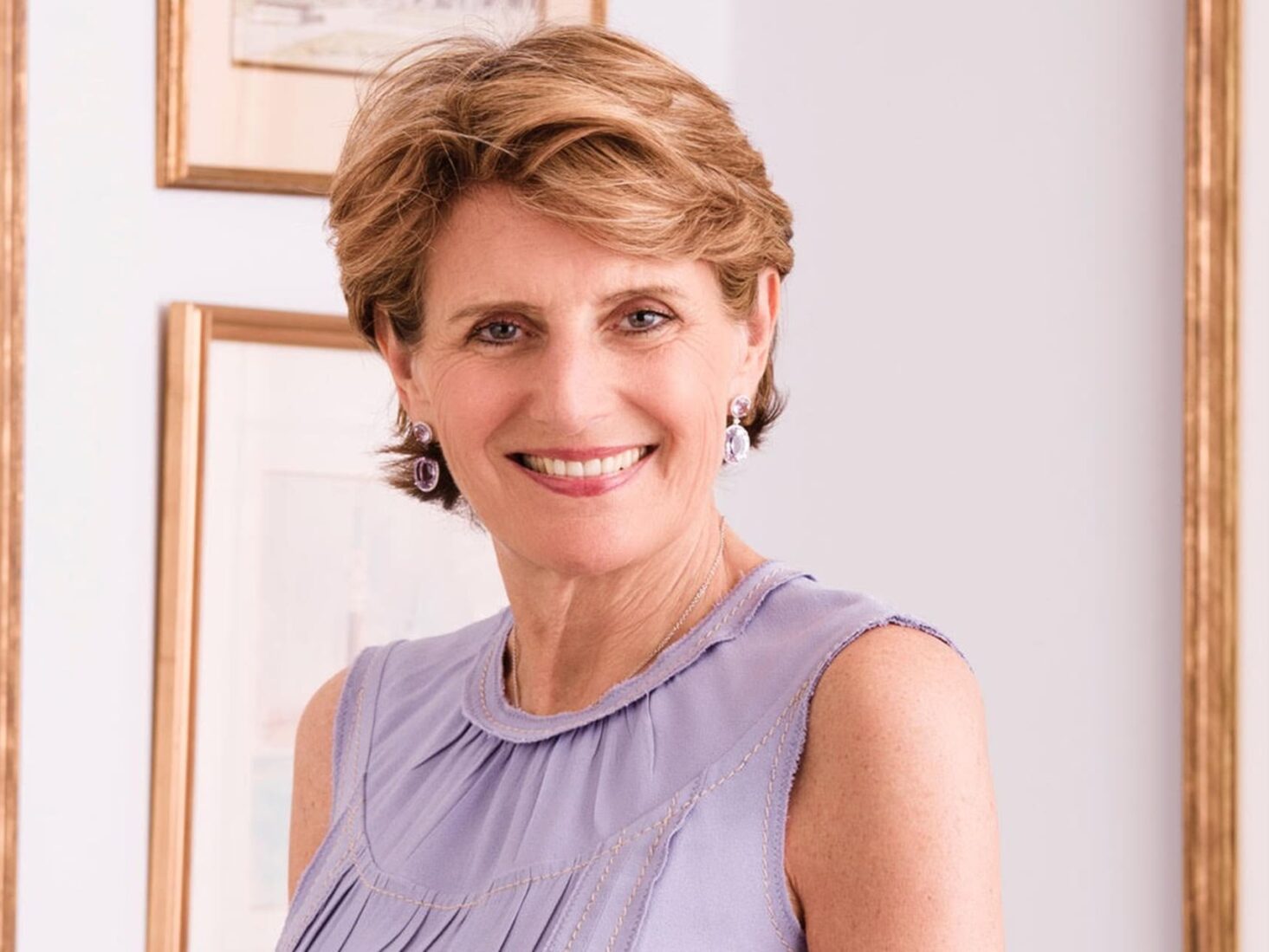
Women in Luxury: Kiki McDonough, jeweller
The London-based jeweller on circuitous starts and the secret to business longevity
Kiki McDonough may lay claim to being at the helm of one of the oldest female-founded jewellery brands in London but, despite coming from a long line of jewellers, things nearly turned out very differently. “I come from a generation where education wasn’t important and having a career was not even on the scale. It was: get married – preferably to an accountant who’s making some money – and have two children, a dog and go and live in the country. I’ve done everything wrong. Everything.”
And, while a life of quiet domesticity was never going to suit, when the jewellery world first came calling McDonough wasn’t exactly quick to answer. “When my father retired [from Bond Street jewellery house Harvey & Gore], he asked if I would be interested in taking over. I wasn’t interested at all, I was 21 and the whole world was opening up to me after getting out of school. I had no intention of running a business.”
What followed was a string of temp jobs and the type of CV of which most of us can only dream: working for SAS-founder David Stirling, a stint at Vogue, a spell as a party planner, and a role at the Royal Society of Arts (“actually incredibly boring, I only stayed six months”).
And while this kind of restlessness and impermanence might not exactly be endearing to an employer – McDonough admits to never staying anywhere longer than a year – it is, she says, the secret to her entrepreneurial success. “Running my own business has actually been the best thing for my character because I always want to go on to the next thing,” she explains. “You need a huge amount of energy and determination to build a brand and I think it suited me.”
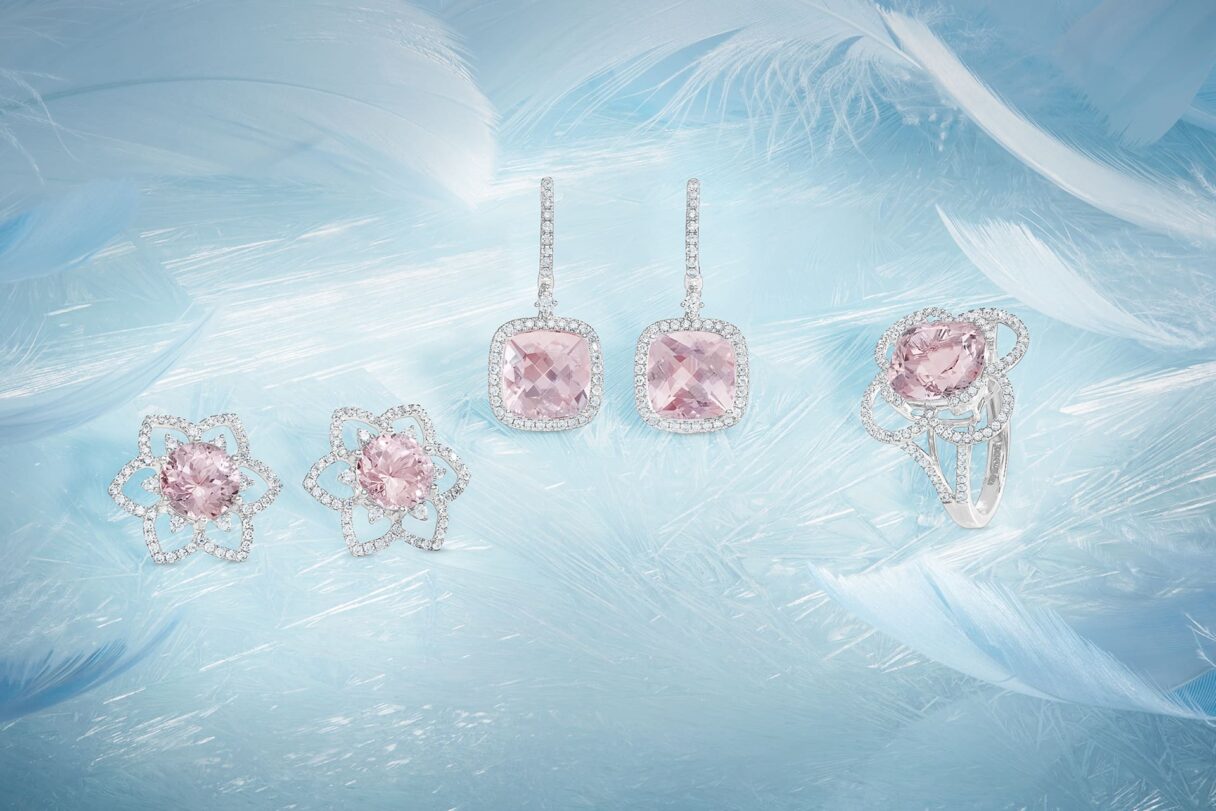
Having finally given in to the allure of fine jewellery in the 1980s, Kiki McDonough (the company and its founder) has, to date, weathered three recessions and a pandemic, in the process becoming a go-to brand for celebrities and royalty – paving the way for a generation of female jewellers. We find out exactly what it took to get there…
When I was small my favourite toy by a long stretch was a little shop. It was one of those plastic things with a counter and a till. I had fake bananas and fake apples and a fake pork chop. There were eggs and little packets of cornflakes and I had little brown paper bags and I loved it. I must have been four years old and, of course, it never even occurred to me that one day I’d have my own shop.
I’m a fifth-generation jeweller but, of course, the first woman because it was always men who sold jewellery. When I was growing up, I thought it was so odd that there were no women serving people who came into the shop but, in those days, it was men who did the jewellery shopping. Now it’s all changed, but then it was men serving men things that women would wear.
I was asked to create jewellery by a friend of mine, Nigel Milne, who had an antique store on Grafton Street. I had no experience; I arrived on my first day with a blank piece of paper and a pencil and hadn’t the faintest clue what to do. Nigel had this antique brooch – a round crystal with a diamond set bow in the middle and pearls around the outside – and it had always caught my eye. I thought maybe I can cut the crystal into a heart and put a bow on top and make them with diamonds and without and in different sizes. We got the jeweller David Deacon down from Birmingham and he laughed and said, ‘I don’t think these are going to sell.’ I said, ‘You know what, I don’t think so either!’ We howled with laughter but, in the end, he said he’d take a punt and now those earrings are in the V&A.
I’ve done this for 38 years and I’ve loved every second of it. I’ve laughed, I’ve had a great time and I’ve met so many interesting people. I’ve been to so many interesting places and I’ve dealt in beautiful things. My father was only alive for the first four years of the business. He didn’t really see it go from a concession to what it is now. It’s rather a shame, really, but maybe he’s looking down at me.
I was the only woman – there was maybe one other out there. It was all established firms and lots of men. It was antique jewellery. It was your granny’s pearls. But then there was a costume jewellery revolution and [brands like] Butler & Wilson exploded. People wanted more but they were never going to make that jump between Butler & Wilson and Cartier or someone like that. They needed something in between. I’m not sure I knew what I was doing really but I thought I’d fill that gap. £95 to £950 was my brief to myself.
I loved coloured stones as well but it took a long time to persuade people to wear them because, at the time, everybody had a massive amethyst Victorian brooch or a massive citrine ring and it was all very clunky. These stones were so underused, and everyone was very toffee-nosed about them, but they were beautiful and I wondered why no one was putting them in pretty modern settings. Things became more adventurous in the ’90s and people were a bit more receptive to colour. Now, I think I’ve finally arrived after all this time.
To be taken seriously. Without question back in those days a lot of the bigger jewellers or suppliers didn’t really take you that seriously. They were all a bit patronising, but that was the time we lived in. I had a sense of humour about all that, it didn’t stop me. I just thought, ‘I’m really enjoying myself so I don’t care what they think.’
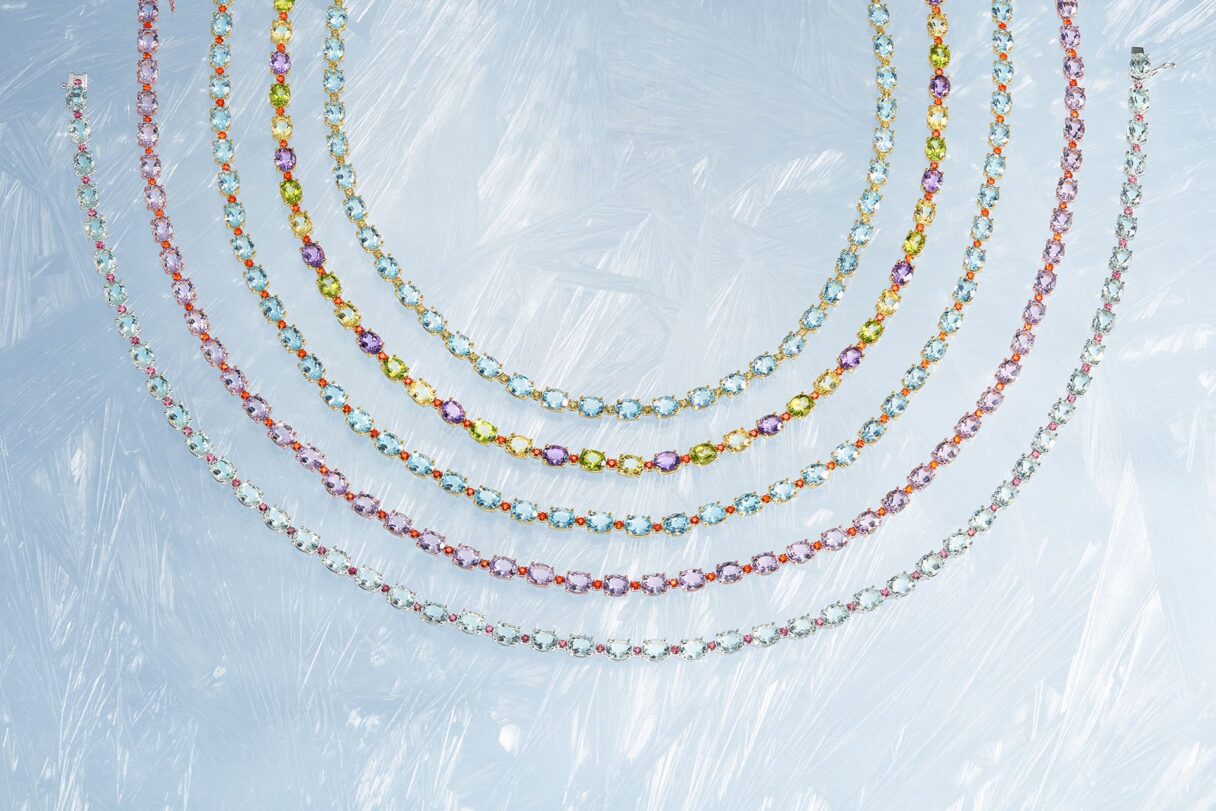
I’m incredibly lucky because I had a French mother and an English father. All the creativity comes from my father, who had no idea about business at all, but my mother was absolutely on life’s case and watched every single penny that was ever spent in our household. I’m quite French in that I’m very cautious. Everything has to be looked at forensically before we spend the money and everything has to be justified properly before I give the go-ahead. It’s very odd that I’ve got this split brain but I love both sides.
You get up in the morning and you have breakfast. I don’t believe in not having breakfast – I think that’s a very eccentric thing – so I have lots of toast and Marmite. Then I walk to work and the day begins. My office is in the basement and the store is upstairs and I love that contact with retail. I think if I wasn’t a jeweller, I’d be a newsagent because you get people coming in all the time and the cash register’s always going. I’m not one who’s in an office five miles away; I have a conversation with the creative team every day and I love knowing what’s going on upstairs.
I’ve been so lucky with the team I’ve had all these years. All the girls who’ve worked for me over the 38 years have been fantastic. I think virtually everyone who’s worked here has come back in some form or other, either to work or to show off their babies. It’s been really wonderful.
I suppose the worst parts of my job have been the recessions and the cost of living crisis we’re in at the moment. I think if the government knew how challenging recessions were for people who run their own businesses, they’d probably wake up and try a bit harder. You literally have to think of everything every day. It’s a constant challenge. Recessions are very disconcerting because the normal way you run your business is completely upended. You have to rethink so much.
The one in the early ’90s was awful because I’d just had a baby. I came back to work 10 days later because my husband’s business was also in recession and it was frightening. I had to go out all the time to remind people that I was still around and that the brand existed. It was the most exhausting time of my life.
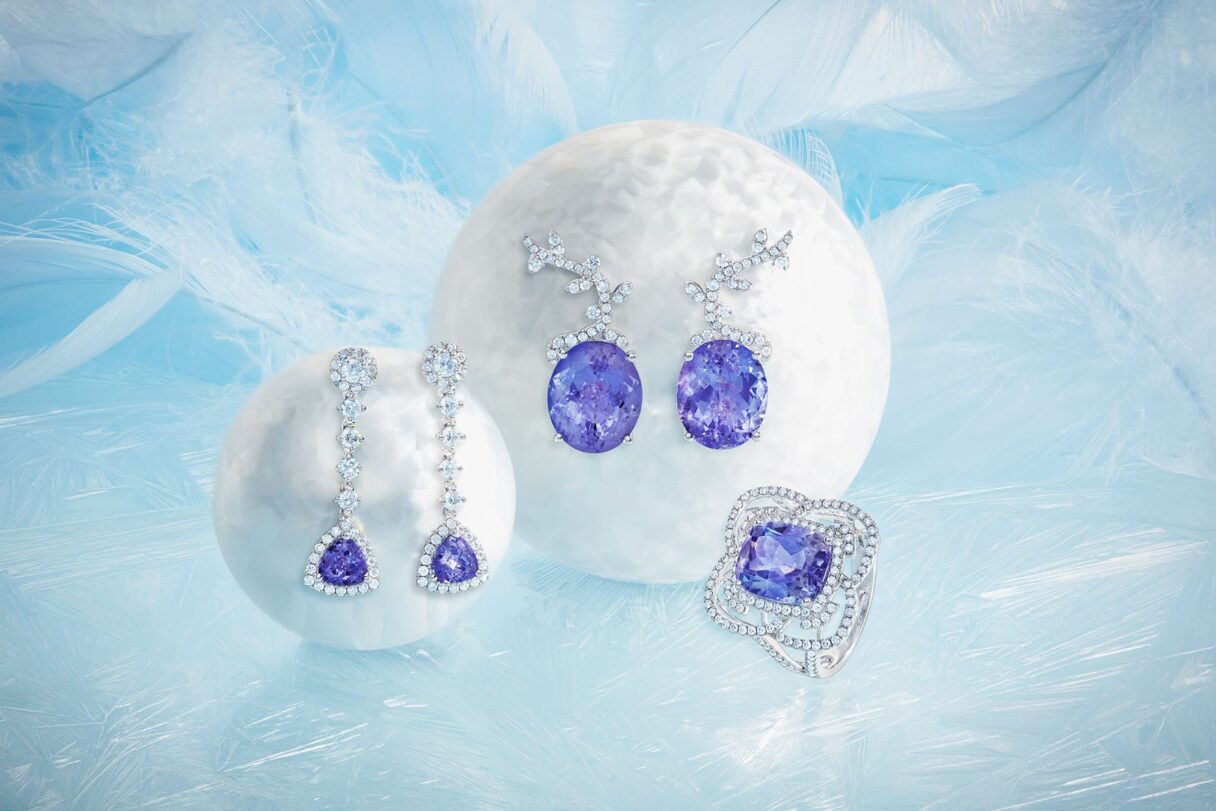
We’ve got very loyal clients and every day I think about what we can do better. I’ve also always said that if my team doesn’t laugh twice a day, I’m not doing my job properly. It’s absolutely my motto. It makes you feel good and suddenly life’s not as bad as you thought it was.
Really it’s seeing someone buy a pair of earrings and go out of the store thrilled. Obviously, having the Princess of Wales and Queen Camilla wearing my jewellery is a highlight but, to be honest, the real highlight to me is the person walking down the street wearing my designs. I went to Wembley to watch Liverpool in the semi-finals against Man City – I’m a mad football fan – and two rows in front of me was a woman wearing my earrings and I thought, ‘Oh my god, I really have made it.’ That gave me more pleasure than anything else.
I have always managed to separate home from work and I think that’s really important for anyone running a business. I’m a business mentor for the Prince’s Trust and I was working with somebody who hardly saw her husband because she was working so hard building her business. I told her you cannot do that; at the end of every day, no matter how many things you’ve got to make, you have got to sit down and have dinner with your husband. I think that’s very important, I really do.
On holiday, I normally check my emails twice a day – once after breakfast and then at about 4pm. I think it’s deeply unhealthy to go away for your precious two weeks and all you can think about is getting back to the house to check your emails. You have to have that time to switch off. I also have two weeks when I don’t wear any jewellery so that, when I come back, I’ve got a fresh eye and a sense of perspective. Stepping back means you can return full of enthusiasm and see things in a different way.
I absolutely love the ballet and I love football. I must be the only woman you’ve ever met who thinks Match of the Day is the best thing on TV. I love mentoring for the Prince’s Trust but I really don’t have time for anything else after that. I guess one day, if I don’t work, there’ll be other things that I enjoy, but I just haven’t got time at the moment.
I’m sure this is the wrong thing to say but I don’t take inspiration from other people. I just know what I love doing and I want it to progress. I started my business in the 1980s, when Mrs Thatcher was Prime Minister, and there was the most amazing atmosphere of get up and go. It was all, ‘We’re behind you. Let’s get out there.’ I’m not sure whether they were actually behind you or not but the feeling in the country was inspirational.
Sense of humour, lightness of touch, discipline, show an example, be supportive. We’d never put a sign on the door saying ‘back in five minutes’. That would really make me cross. All the girls who work for me understand that I work very hard and I want to make it fun for everybody. I think that’s really the key. I would be happy for anyone to talk to any of my staff and ask, ‘What’s Kiki like?’ I wouldn’t fear that they’d say she’s a harridan or she’s ghastly. Have a sense of humour and make sure everyone has a great time. What’s the point of working really hard if you’re not having a great time?
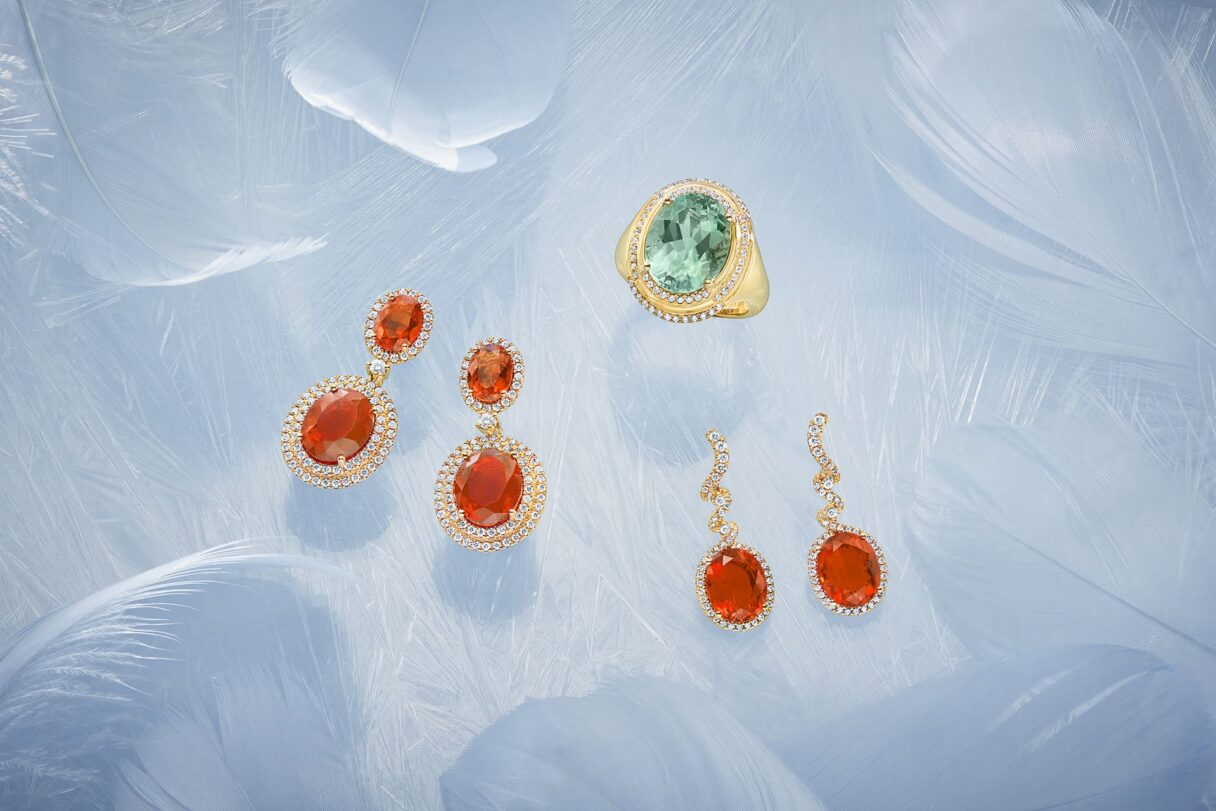
Oh, it’s huge. I think we have credibility now. I think we have opportunity. A lot of people admire what we do and we’re given much, much better chances and much more respect. When I started, you were just a sweet little girl doing your sweet little business.
However, women have the children and it is very difficult. People often ask me if you can have it all and I say you can have it all, but not all the time. I think that’s really important to remember: you can take on a massive job and have full-on board meetings all the time but if you’ve also got three small children, it will be hard. You will be split. When I had my children, people would ask how many shops I had and I would answer, ‘One shop and two children’. Maybe I could have had 25 shops by now but I would never have seen my children. I’ve got two absolutely wonderful sons and I think I struck the right balance.
You won’t get to the top in two years. There’s this attitude that you go into a job and after a year you wonder why you’re not managing director. Life is not like that. You have to be disciplined, strict with yourself, focus, have some luck, have some talent, and never put a sign on the door saying ‘back in five minutes’. I’m a bad person to say this because I’m very impatient but you have to prove your worth. Everyone has to put in the hard graft to get there.

